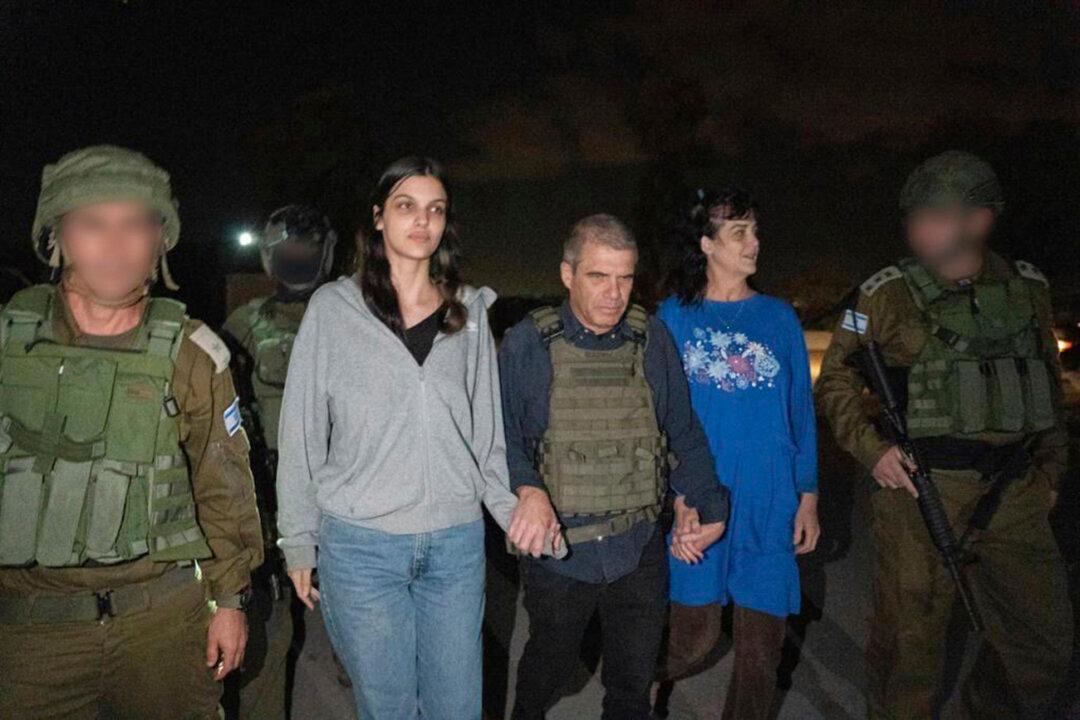Three families of U.S. citizens killed or taken hostage in the Oct. 7 attack by the Hamas terrorist group on Israel have launched a federal lawsuit against the Binance cryptocurrency exchange, and the governments of Syria and Iran, alleging they gave financial and material support for terrorism.
The complaint was filed on Wednesday in the U.S. District Court for the Southern District of New York. The plaintiffs include Chicago mother and daughter Judith and Natalie Raanan, who were vacationing in Israel when they were taken hostage on Oct. 7 and released after two weeks in captivity; Jeffrey Ludmir, a U.S. citizen and uncle of Daniel Levi Ludmir who was a physician working in Israel who was killed during the attack on Kibbutz Be'eri in southern Israel; and the family of Itay Glisko, a U.S. citizen who was serving in the Israeli military and was on duty at an Israeli military base when it came under attack.





